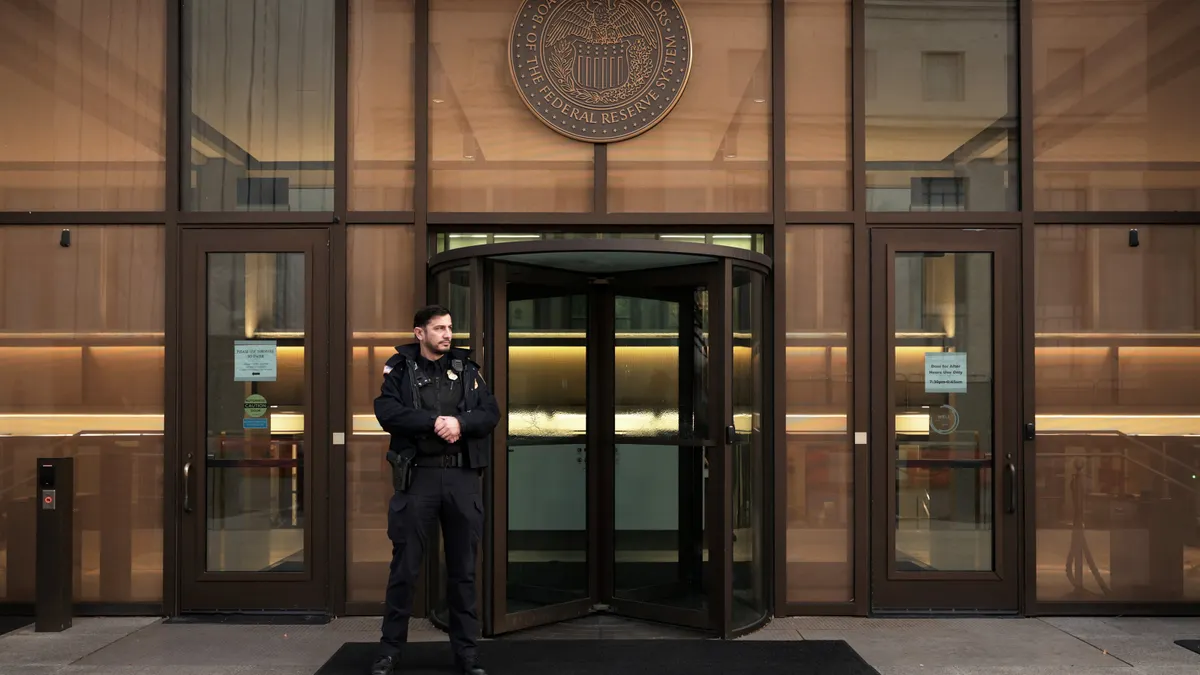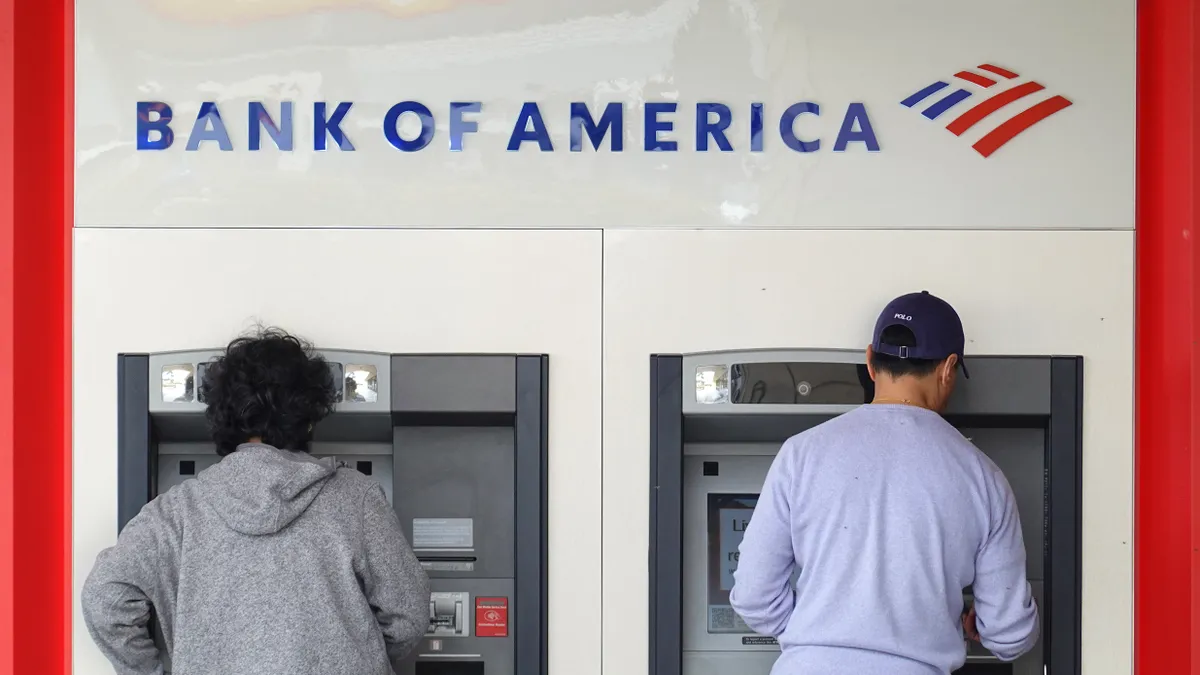The Consumer Financial Protection Bureau, the U.S. Chamber of Commerce and six banking trade groups filed a joint stipulation last week to dismiss the bureau’s appeal in an unfair, deceptive, or abusive acts or practices manual lawsuit.
The parties agreed April 30 to dismiss with prejudice a Biden-era update to the CFPB’s unfair practices manual that would have allowed the bureau’s examiners to investigate banks for discrimination under UDAAP authority. The change made in March 2022 to the CFPB’s supervisory operations under former director Rohit Chopra aimed to identify and root out discriminatory conduct that violated federal prohibitions against unfair practices, even when fair lending laws may not apply.
The trade groups that filed the joint stipulation in the Fifth Circuit Court include the U.S. Chamber of Commerce, Longview Chamber of Commerce, American Bankers Association, Consumer Bankers Association, Independent Bankers Association of Texas, Texas Association of Business and Texas Bankers Association.
Chris Furlow, CEO and president of Texas Bankers Association, lauded the new CFPB leadership’s decision to dismiss the three-year-long case that stemmed from the “overnight update” beyond the scope of statutory authority and “illegal” in the way it was delivered, he asserted in a statement Wednesday.
“Put plainly, this is further recognition that the previous Administration’s CFPB leadership failed to follow the Administrative Procedure Act — they failed to follow the law. We are grateful that the new CFPB leadership is turning the page on unaccountable regulatory over-reach,” Furlow added.
ABA CEO Rob Nichols also welcomed the joint stipulation with the CFPB to dismiss its appeal in the UDAAP manual case.
“We strongly support the fair enforcement of nondiscrimination laws, but the Bureau’s extraordinary expansion of its statutory authority crossed the line. We appreciate that the Bureau recognizes this and has agreed to dismiss its appeal with prejudice in this case,” Nichols said.
The Dodd-Frank Act was signed into law in 2010, after the 2008-09 financial crisis, giving the CFPB the power to penalize any financial firm found violating the long-established federal prohibition of “unfair or deceptive acts or practices” and introduced the “abusive” standard under UDAAP.
In June 2022, the ABA, Chamber, Consumer Bankers Association, and Independent Community Bankers Association urged the CFPB to rescind the UDAAP changes in a white paper, noting that the update might hinder banks’ ability to deliver certain products and services to Americans.
In September 2022, the ABA, Chamber and Texas trade groups challenged the CFPB changes in court. They sued the bureau and Chopra over the CFPB's unconstitutional funding structure and the policy update, alleging the change exceeds the agency’s statutory authority under the Dodd-Frank Act and violates proper notice-and-comment rulemaking procedures.
The CFPB should have requested comments on the proposed rule before implementing “arbitrary” and “capricious” changes that violated the Administrative Procedure Act, the lawsuit contended.
Judge J. Campbell Barker of the U.S. District Court for the Eastern District of Texas granted summary judgment to the plaintiffs in September 2023, noting that the CFPB overstepped its authority when it directed examiners to consider discrimination in any financial product as a likely unfairness under UDAAP. The Dodd-Frank Act treated discrimination and unfairness as separate concepts, and the law does not specify discrimination, so the CFPB should not infer it to be under its purview, Barker noted.
He vacated the policy update, barring the agency from enforcing the update in actions against members of the trade groups.
However, in August 2024, the CFPB filed its appellant brief with the Fifth Circuit, appealing Barker’s decision. Last May, the Supreme Court upheld the CFPB’s funding structure, resolving one issue raised in the lawsuit.
During the first few months of the second Trump administration, the CFPB has been undoing many Biden-era rules and policies. Last week, the CFPB said it would not enforce its small-business data collection rule, which eases the compliance burden for lenders originating 2,500 or more small business loans annually. The CFPB called off the rule roughly 2 1/2 months before it would have begun collecting data on race, gender, LGBTQ status, and demography from borrowers.



















